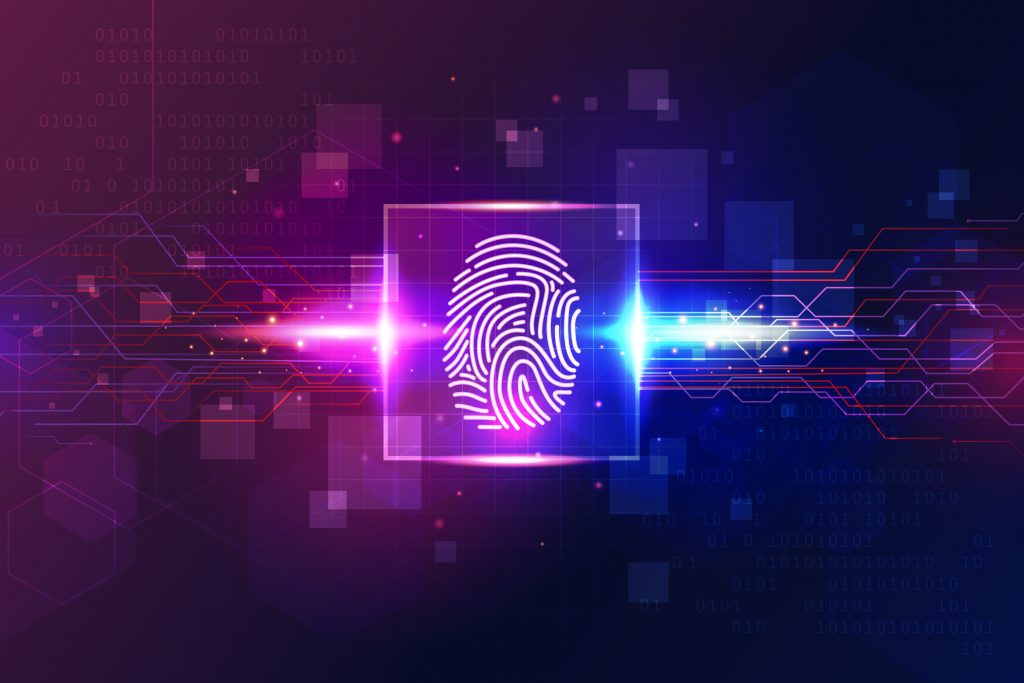As businesses continue to adapt to the ‘new normal’ by directing employees to work from home, average daily traffic has gone up. In an article published on Biometric Update:
“What has changed is that online volumes of traffic, transactions and authentications have reached levels they were expected to years in the future, BehavioSec VP of Products Jordan Blake told Biometric Update in an interview.”
Users have been directed to interact with business with new tools, using new technology, all subject to security risks. In particular, the question revolves around authentication. In other words, is the user who is registering or logging in to an online service actually who they say they are? This answer to this question determines if fraud is likely to occur.
Authentication software, machine learning algorithms, and subsequent fraud scores are all able reduce the risk of fraud, but there is not a standard spread across industries. A consequence is a different user experience for each service, in some cases even under the same brand name that asks for their own method of authentication. Users become apprehensive, checkout abandonment rates go up, and the trust level falls, forcing users to a different service or solution to their problem.
Even worse, smaller companies or those that have simple login and password account procedures are not only putting themselves at risk, but their users as well, since a large portion of users is using the same login credentials across services. Biometrics, which are an increasingly common part of a secure authentication process on mobile phones, face the same user experience issues. During a time where online traffic is at an exceptionally high level, a common, secure, and intuitive authentication process is vital.
Read more about consumer biometric use, consumer perception towards using biometrics for payments, and how the standard for authentication aims to consolidate the fragmented authentication process: Biometrics: Driven by Standardized Authentication, Adopted by Consumers.
Overview provided by David Nelyubin, Research Analyst at Mercator Advisory Group.
